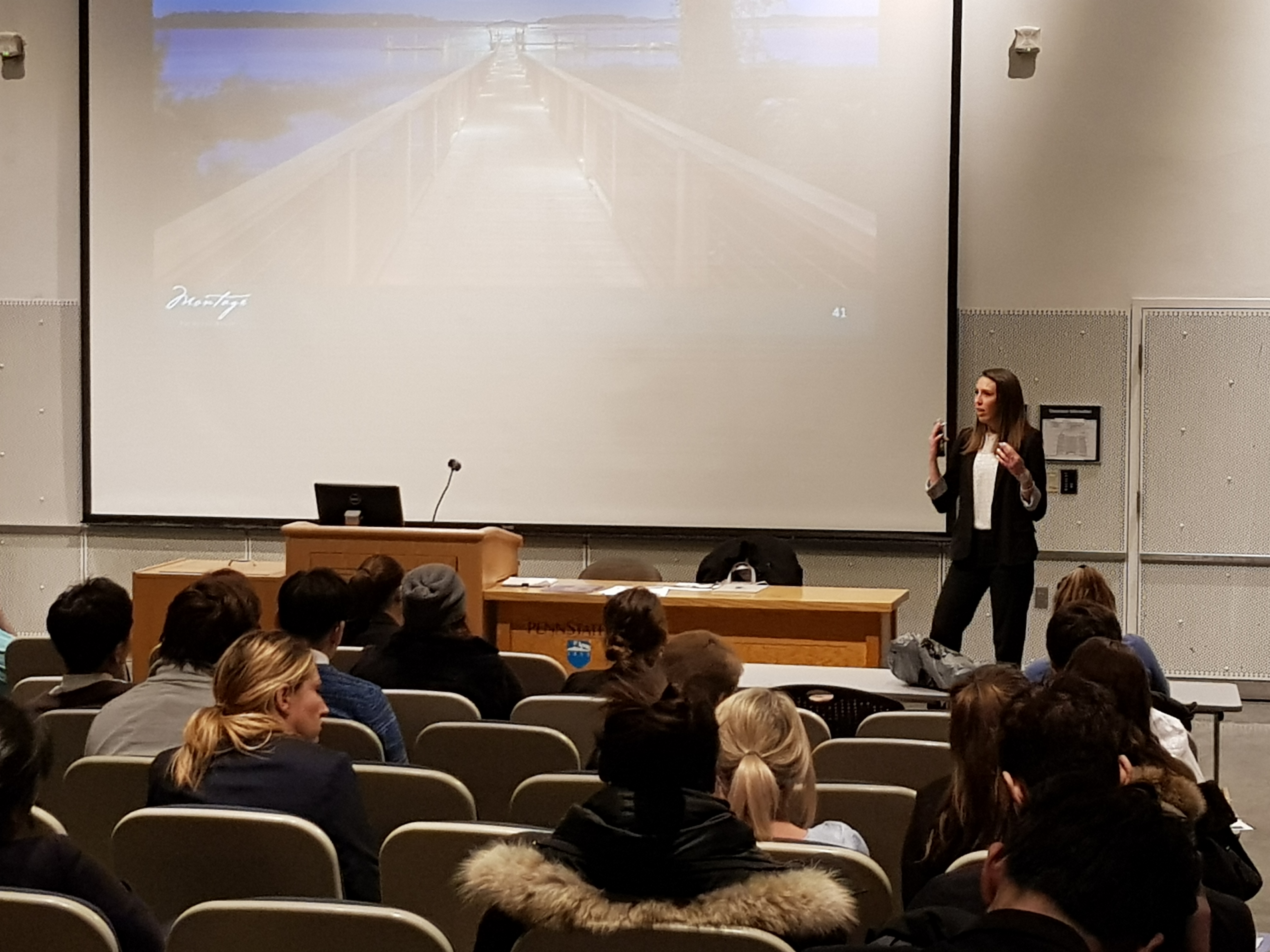Your Alma Mater Wants YOU!

Attention college and university graduates! Your alma mater needs you.
This isn’t a request for money although alumni donations and financial support are always greatly appreciated. This is about you. This is about your talent, your experience and your expertise helping to enrich the university offerings. To quote Uncle Sam, we want you!
Participating in a university alumni association offers the graduate many benefits. The alumni network can be an asset in your career development, in building your connections in the field and in expanding your social network. Moving to a new town? Taking on a new role in your career? Your local alumni association can often provide resources, both formal and informal, to help you in that transition. Alumni associations are increasingly offering other services such as career support, special events and other opportunities to remain connected to your alma mater. Some alumni associations even offer alumni travel programs. For example, in 2017, Penn State’s Recreation, Park and Tourism Management (RPTM) faculty led an Alumni Travel program through Yellowstone Park entitled “The Wolves of Yellowstone.” The week-long trip included educational sessions, faculty led discussions and social time. Faculty shared their expertise and research related to the National Parks while alumni expanded their knowledge and understanding as well as their social network. Ironically, none of the alumni participants in that program were RPTM alums!
But, it isn’t just Penn State. Whether you attended Lock Haven, Slippery Rock, Cheyney, York College, Cal State, East Stroudsburg or Temple – or other schools within or outside of Pennsylvania – universities want their alumni to stay connected. Alumni can and do help faculty and staff with the university mission of teaching, research and service.
There are a variety of ways that a strong alumni network enriches an academic program. First, alumni contribute through class participation. Having “professionals in the classroom” can offer first person, real life experience, stories and examples of theory and practice that are covered in the curriculum. Further, by providing sites for projects, events, or other collaborations, students begin to make the transition from course materials and book learning to practical experience in real world recreation, parks and tourism service delivery.
Second, alumni help with student development on an individual level. Many universities, including Penn State, have Alumni-Student mentoring programs. Students who build relationships one-on-one with alumni in their intended careers report that it deepens their understanding of the field. The alumni mentors often offer suggestions on courses, help with resumes or as a sounding board for questions about the profession.
Finally, having an alumni advisory board or an affiliated alumni group can help the academic program with both academic and social programs. In Penn State’s last RPTM curriculum review, the data we collected from alumni and from the agencies who have accepted our interns offered important information to help us adapt and modify the new curriculum. As we plan social events like tailgates, socials at conferences and other places for students, faculty and alumni to “recreate” we look to our alumni for guidance.
A strong partnership between universities and their alumni can also lead to support at your agencies from faculty in research, program evaluation, and other collaborations.
Check out what your school and department is doing on social media. Say “yes” when you are asked to speak in classes. Sign up to be a mentor. Attend a university function. Maybe even make a donation! A relationship between a university or college and their students and graduates that continues beyond commencement is of benefit to all.

